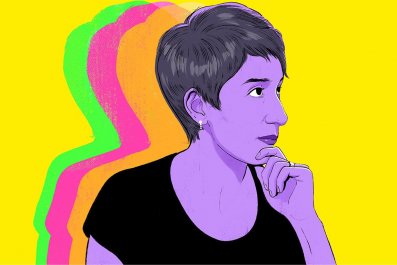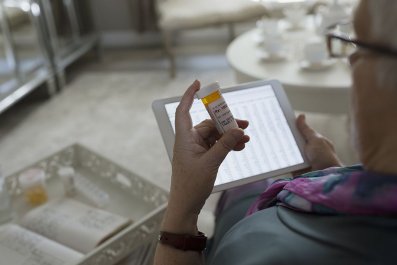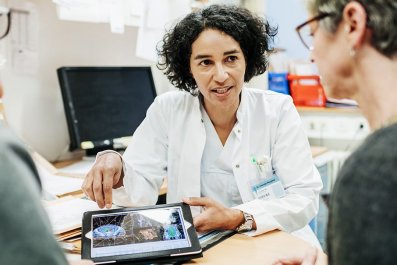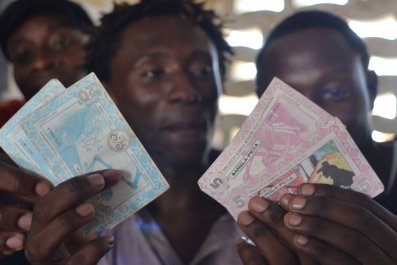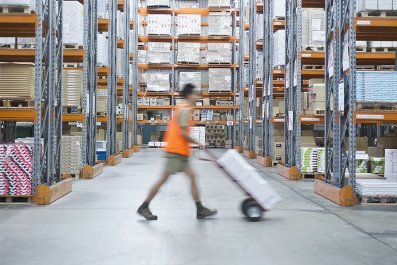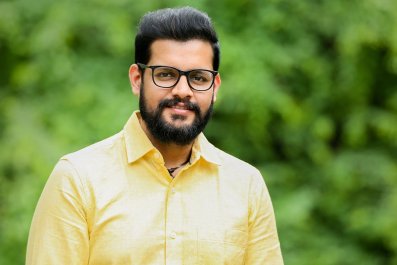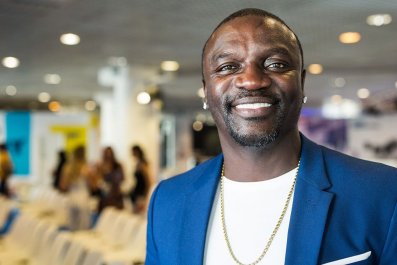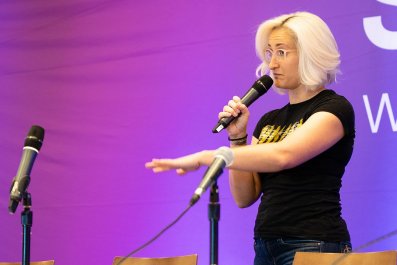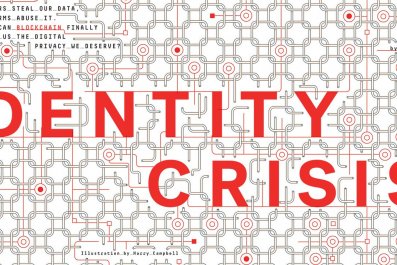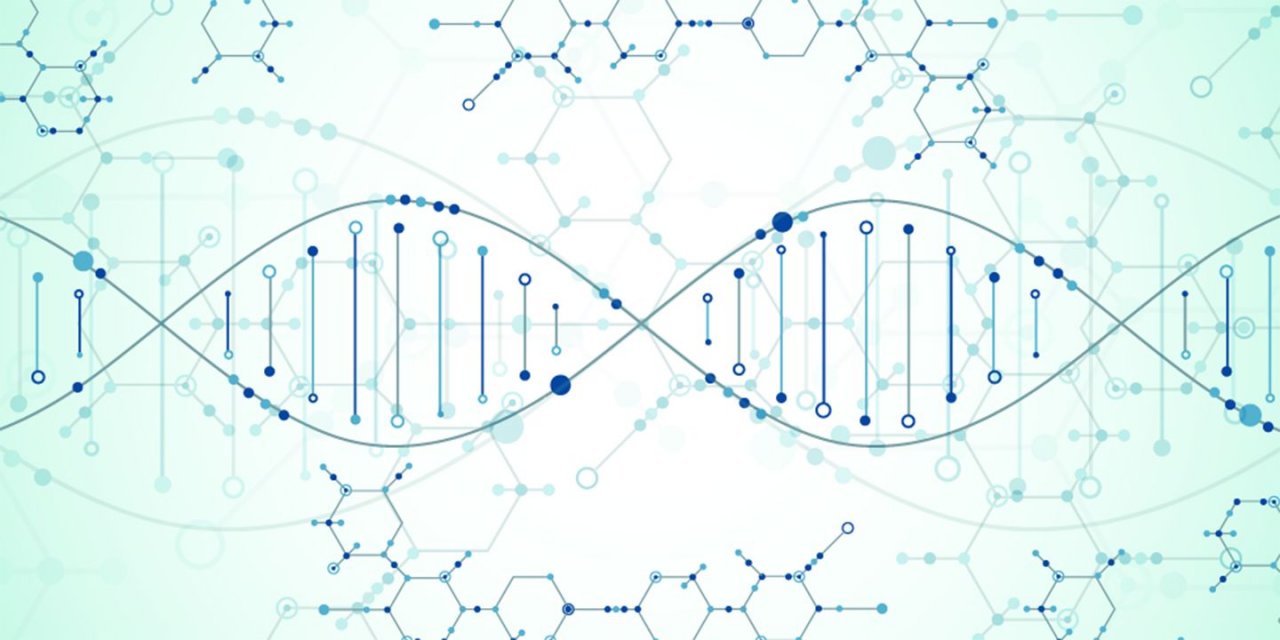
It would be hard to imagine a more revealing source of personal information than our own DNA. The 3 billion units of genetic information contained in each individual's genome are a road map of ancestry, personality and potential ailments. As the cost of "sequencing" DNA has dropped, more and more patients are undergoing genetic testing. How will the medical industry use that data to further research and clinical practice while preserving the privacy of patients? David Yizhar, the founder and CEO of Israeli startup Geneyx, thinks blockchain technology could offer a solution. "We want to make genomic data available without putting people's privacy at risk," he tells Newsweek. "People need to be able to trust that it is secure and anonymous."
What are some of the ways blockchain could help someone whose data is with Geneyx?
If you have some kind of mutation and your genome is in our system, you can go into it and find there are five people like you in our database. You can contact them—if they allow it—and you may find a treatment in another part of the world.
How do you ensure that the data remains anonymous?
This is the main issue. When we put an individual's genome into the blockchain, we cut it into pieces, into many different files. This ensures that no one file contains enough information for [a hacker] to take it and trace it back to that individual.
How do we know that genomic data won't be compromised in the clinic or doctor's office?
The normal way hospitals do this now is to put the whole genome in one place on a local server. It's absolutely not secure. The fact that they're keeping it in one piece makes it easier to trace it to the individual.
How many genomes do you have now?
Fewer than 50,000. Most people who have had sequencing haven't had their whole genomes sequenced, only part. When we reach a minimum of 100,000 genomes, our database will be very interesting to a lot of people.
Where do you get the data?
We're not asking people to voluntarily give us genomic data. We're going to the labs. We are talking to major labs in Germany about starting a pilot program there. And we are doing a big pilot program in China, where we have 40,000 genomes. [But] we won't share China's genomes with the rest of the world. The Chinese government won't allow sensitive information to go out of China.
Are you concerned about patient privacy in China?
The issue of privacy in China is much less rigid than in the rest of the world. People do not respect privacy like it's respected in the West.
Why, then, would China be interested in blockchain?
Awareness of privacy is growing [in China]. They are still facing the same problems: how to share information, how to use a decentralized system, how to preserve privacy. China is also using genome tests much more than the Western world.
What's your plan for the next few years?
We will have a first round of financing with some [venture capital firms]. In two years, we'll have enough genomes in our database. People will subscribe—individuals, researchers, labs and hospitals. We will open it to anyone.




